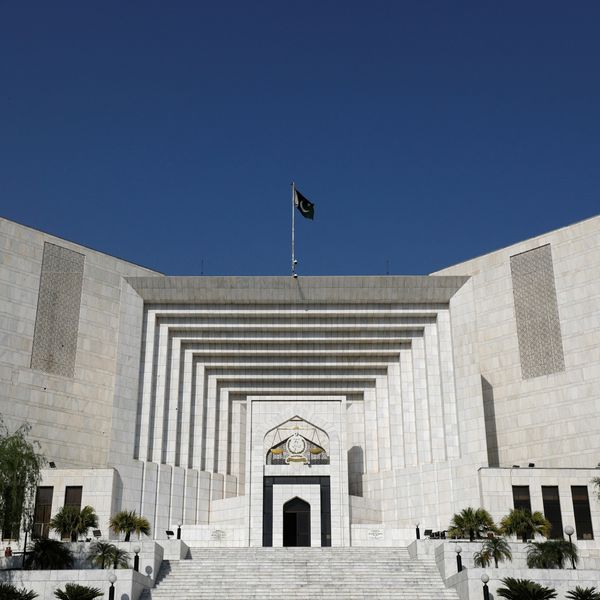After Oman, Bahrain to implement 15% tax on multinational corporations in 2025
Bahrain's new tax on multinationals marks a shift in GCC economic strategy

Rana Tabbara
Senior Business Producer
Rana Tabbara is a UAE-based reporter and content creator known for dynamic storytelling, impactful reporting, and high-profile interviews. She interviewed leaders including the UAE Minister of Energy, the Australian Prime Minister, the Saudi Minister of Tourism, the Armenian Minister of Economy, and CEOs of major companies. Rana covered big events like the World Government Summit, LEAP, Cityscape KSA, IDEX, among others. Her previous experiences include The New York Times, CNN Business Arabic, and L'Orient-Le Jour.
Will other GCC nations follow?
Starting January 2025, Bahrain will implement a 15% tax on multinational corporations operating within the kingdom. Bahrain News Agency reported that the tax will apply to companies with annual global revenues exceeding $829 million, targeting profits earned locally.
The move follows Oman's recent draft law on personal income tax, which is expected to take effect in 2025.
According to the 2022 draft, the proposed tax aims at high-income earners, targeting citizens with a net global income over $1 million and foreign nationals with Oman-sourced income exceeding $100,000. Based on the draft, the anticipated tax rates for foreign nationals are expected to range from 5 percent to 9 percent, while Omanis above the specified threshold will be taxed at a flat rate of 5 percent.
Economic diversification and global tax reforms
Bahrain's National Bureau for Revenue has emphasized that this move aligns with the OECD's Pillar Two requirements, part of a broader global tax reform aimed at preventing tax evasion and discouraging profit shifting to low-tax jurisdictions. The bureau has urged eligible companies to register before the specified deadline to ensure compliance.
Bahrain's decision follows its 2018 accession to the OECD's inclusive framework, joining over 140 countries, including other GCC states, in supporting the two-pillar tax reform initiative. This reform is seen as a critical step in promoting fairness in global taxation and ensuring that large multinational corporations contribute their fair share.
The introduction of this tax comes as Bahrain continues its efforts to diversify its economy away from reliance on oil and gas. In July 2023, Moody’s projected that the oil and gas sector would account for less than 15% of Bahrain's GDP, highlighting the kingdom's leadership in building a robust financial and banking sector.
Regional tax policy developments
Sico Investment Bank noted that Oman's advancement with a personal income tax framework could prompt other GCC countries to consider similar tax reforms.
However, nations like the UAE and Saudi Arabia have stated that they currently have no plans to introduce personal income tax, focusing instead on attracting international businesses and skilled professionals.
In recent years, the GCC has seen significant tax policy changes. The UAE, renowned for its business-friendly environment, introduced a federal corporate tax on business profits for the first time last year, set at a modest 9%.
Saudi Arabia imposes a 20% corporate income tax, while Qatar’s rate stands at 10%. These measures reflect the region's evolving approach to taxation as it seeks to balance economic growth with fiscal sustainability.








Comments
See what people are discussing